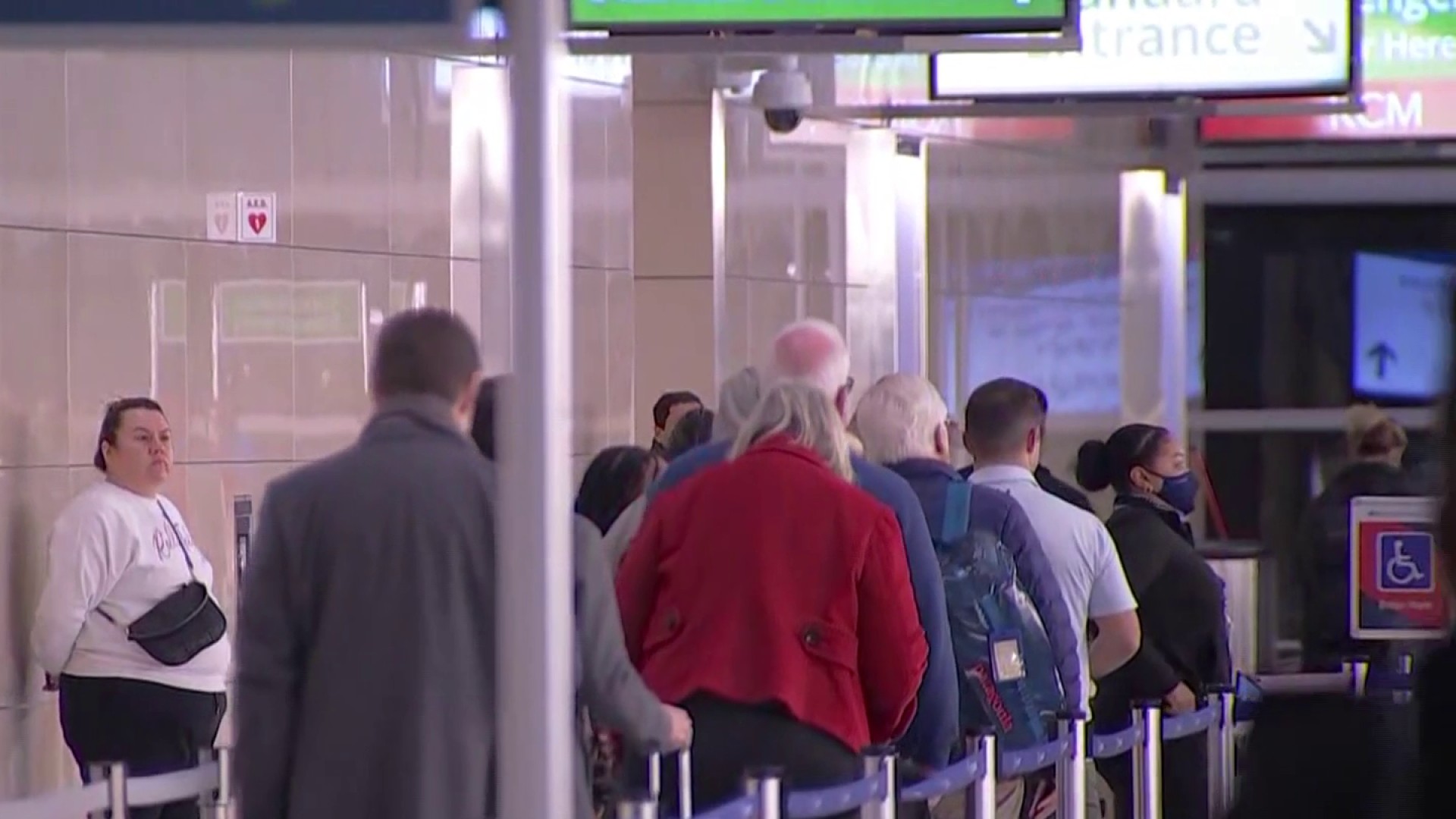For some, cramming is what you do in college when there's a test the next day. But for others, cramming is a fraud that attacks their credit or debit card.
Have you ever looked at a charge on your credit card statement and wondered what's that for, why is it there? That's what cramming is all about. A company bills you for a phantom service or product, then waits for you to send the money in.
Jeff Walk has been a victim of cramming. He said he was getting charged for a subscription buying service that captured his credit card information after his wife bought an item from an in-flight catalog.
"I feel that somebody, somebody just stole money from me. It's no different than somebody held me up outside and took the money right out of my wallet," said Walk.
According to the federal trade commission, cramming is a fraud that happens frequently to unsuspecting consumers.
"It can happen through a myriad of ways. We've seen people complain about buyers club charges, upsells from telemarketing, that means they bought something over the telephone and were sold sort of an additional product, Internet purchases, you buy something on the Internet without realizing that you've also agreed to some other charge," said Lisa Hone of the Federal Trade Commission.
"They just hit me up once a year, so if I didn't look at that one monthly bill or didn't review it, I wouldn't see it again for another 12 months," said Walk. "At one point I was up, I was out nearly 400, and this would have continued to go on forever."
Local
Washington, D.C., Maryland and Virginia local news, events and information
"Consumers need to check their credit card statements, their debit card statements, their bank statements, their phone bills every single month and make sure they know what they're charged for," said Hone.
If you find yourself a victim of credit card cramming, you should see if the charge includes a phone number and call to find out what the charge is for. Ask the company to refund your money and cancel all future charges. Also, ask your credit or debit card company to cancel the charge. Then contact the FTC, which tracks cramming incidents and prosecutes offenders.
If your credit card has been crammed, you can find help at 1-877-FTC-HELP or you can go to the FTC website.



